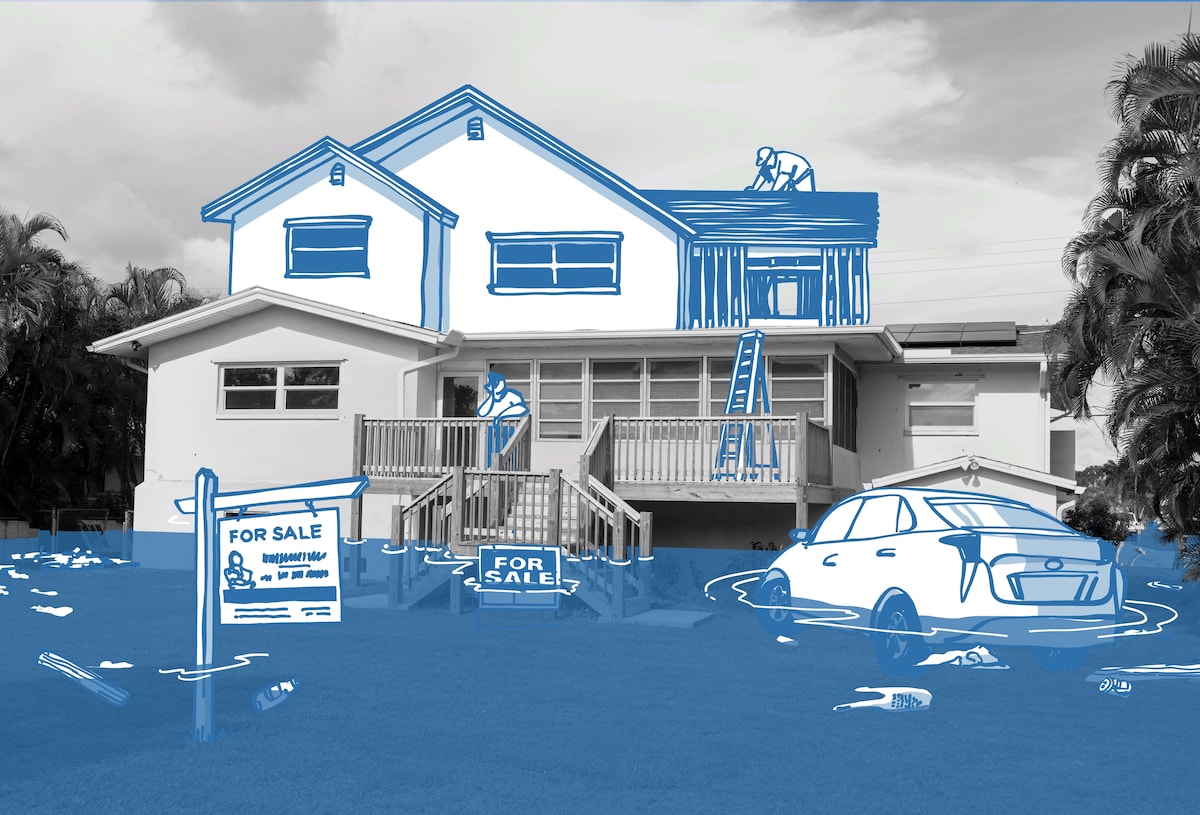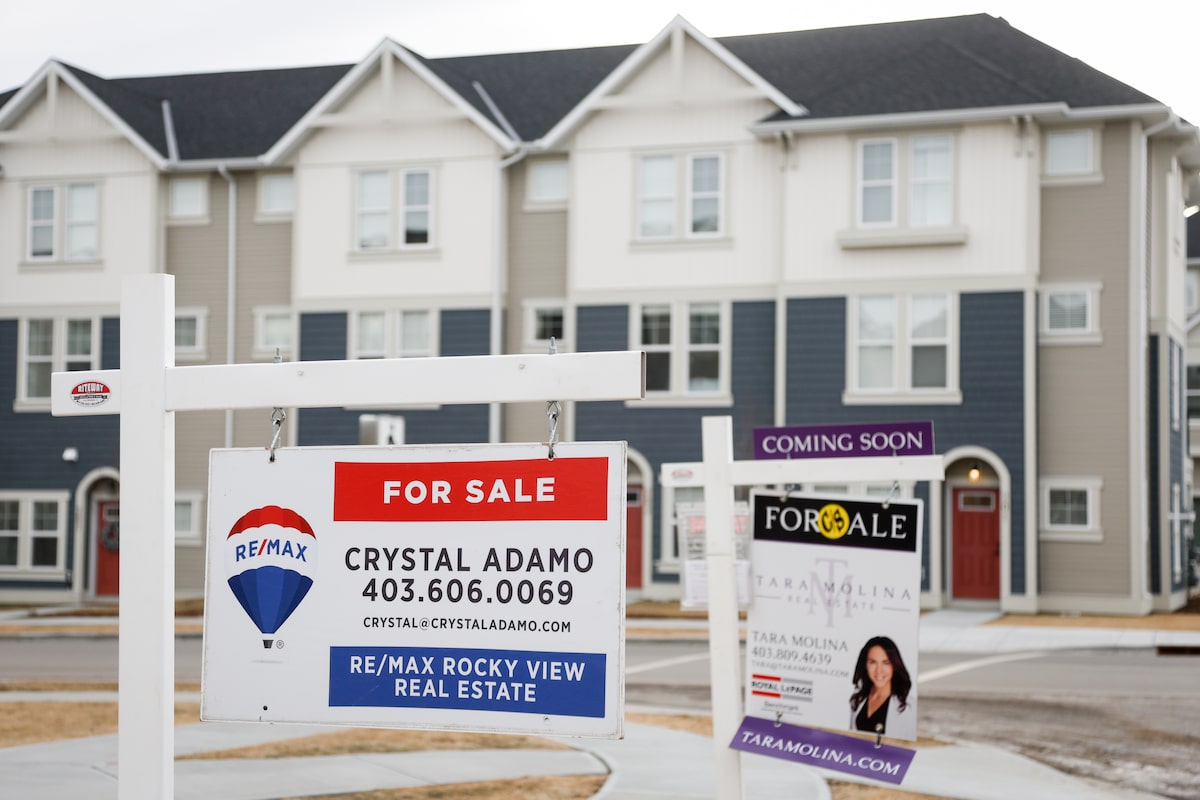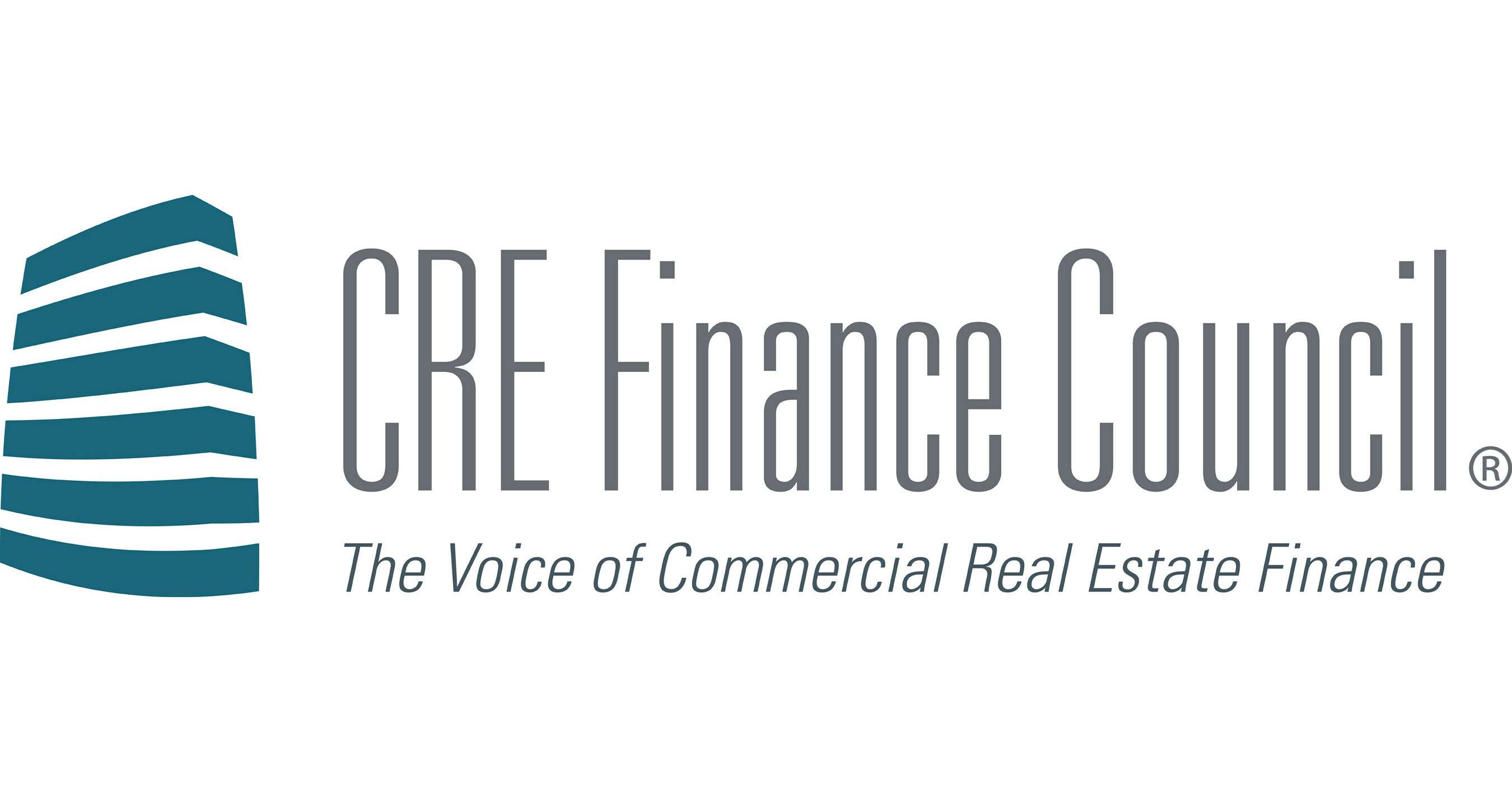I
n 2017, Angela and Donald Brudos moved to a modest ranch-style house in Cape Coral, Florida, where the Caloosahatchee River empties into the Gulf of Mexico. Despite Florida's reputation for extreme weather, they felt safe due to neighbors' assurances that it had never flooded. However, climate change was already reshaping the housing market, making people less willing to pay top dollar for waterfront homes in flood-prone areas.
As buyers and sellers became aware of the risks on a hotter planet, Cape Coral may be a preview of what millions of homeowners could face: a slow re-pricing of their biggest asset. The Brudoses' home remained dry during Hurricane Ian in 2022, but they were left with escalating expenses and insurance delays, drowning them in debt.
To qualify for flood zone insurance, the couple took out a $210,000 loan to elevate their home. "The only choice we had was to go severely in debt and raise the house," Donald Brudos said. They're scared to death about their financial future.
Climate change is transforming home values along the Florida coast. The Post analyzed millions of real estate transactions and found that the gap between riskier properties and safer ones is growing. Extreme weather events, such as hurricanes, wildfires, and floods, are driving up insurance premiums and damaging homes, making them less valuable.
A small but growing number of home buyers are fleeing to higher ground, while others are being left behind. The market in Cape Coral may be reflecting climate risks, although teasing out other factors remains difficult. The Brudoses hope to sell their home and move north, but they're not sure if they'll recover their investment.
Homebuyers now have more information about climate risk than ever before. Redfin, Realtor.com, and ClimateCheck disclose climate risk in newly listed homes, and Zillow will soon follow. Some states are passing mandatory flood-disclosure laws to warn potential home buyers.
The market hasn't fully priced in the new reality of climate change. "There's this enormous disconnect between what we think is likely to happen over the next decade or so and what's already happened," said Jenny Schuetz, an economist at Brookings Metro.
Home values are set by how much the buyer thinks a property is worth today – and how much they think the next buyer will pay for it. This math pulls risk forward by decades because Americans stay in their home for an average of 12 years.
Nationwide, insurance premiums have risen 30 percent since 2019, according to the Insurance Information Institute. In Florida, where homeowners already pay among the highest rates in the nation, premiums have soared almost 70 percent.
Some experts predict that many risky homes will be "stranded assets," similar to the global financial crisis when nearly one-quarter of the nation's homeowners with mortgages owed more than their house was worth. The effect may not be as large, but in some vulnerable neighborhoods, the fallout may feel very similar.
The federal government offers several tools to help you drill down on threats to your community, including FEMA Risk Index, Wildfire Risk to Communities, NOAA Sea Level Rise Viewer, and NASA Flooding Days Projection Tool.















